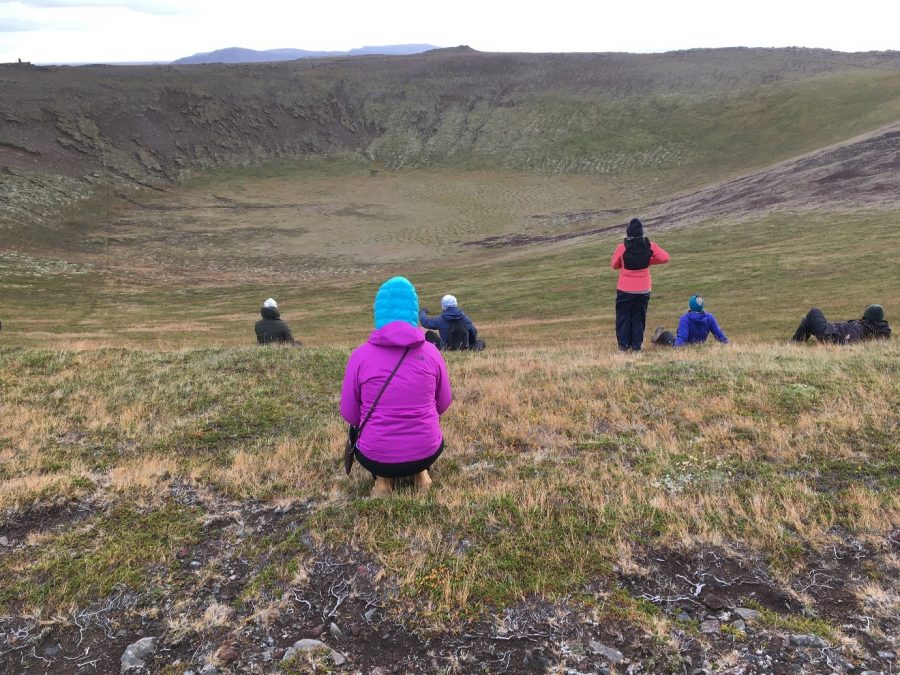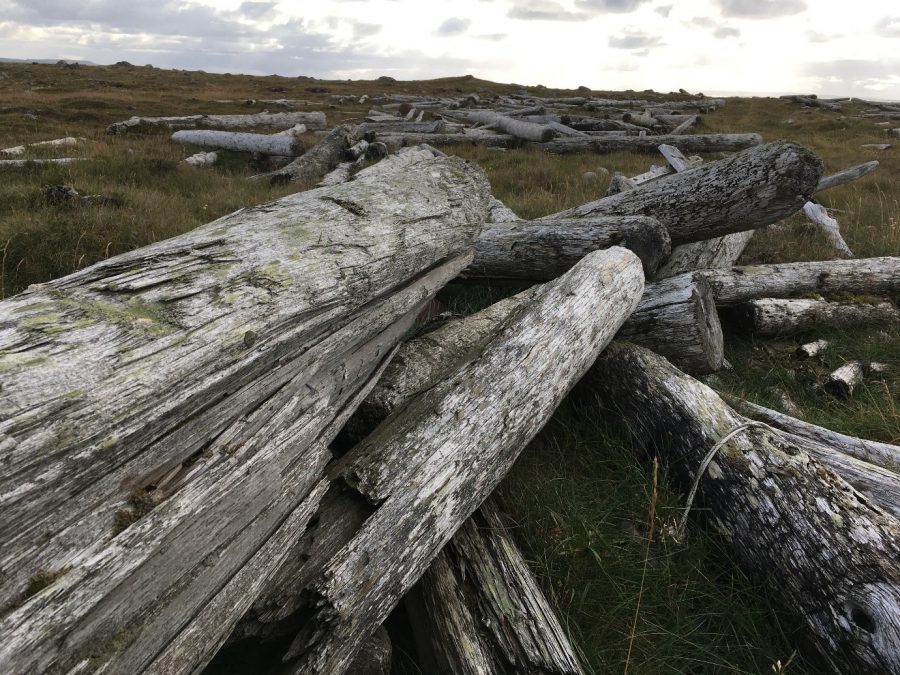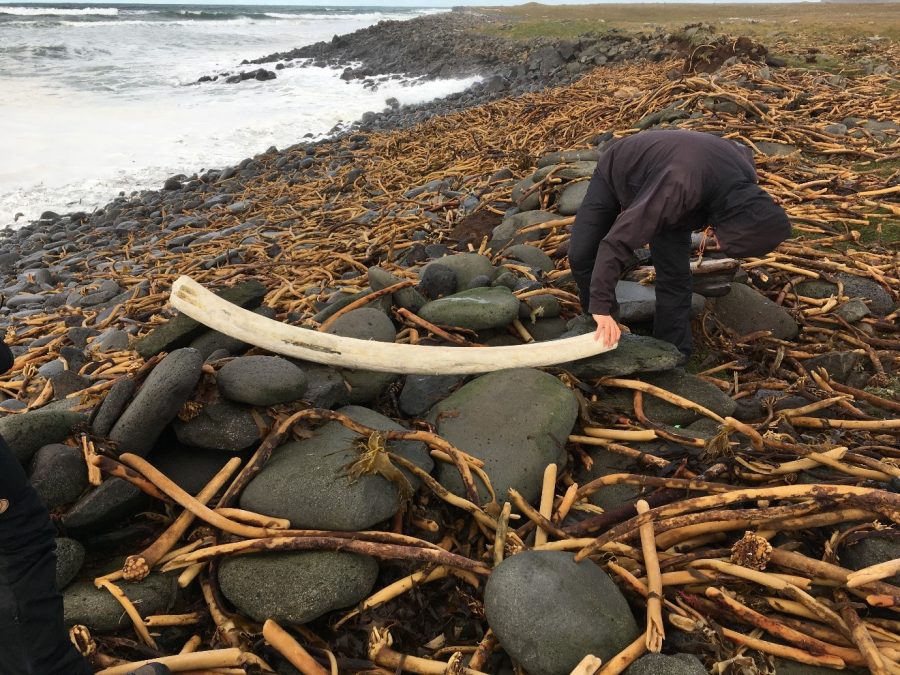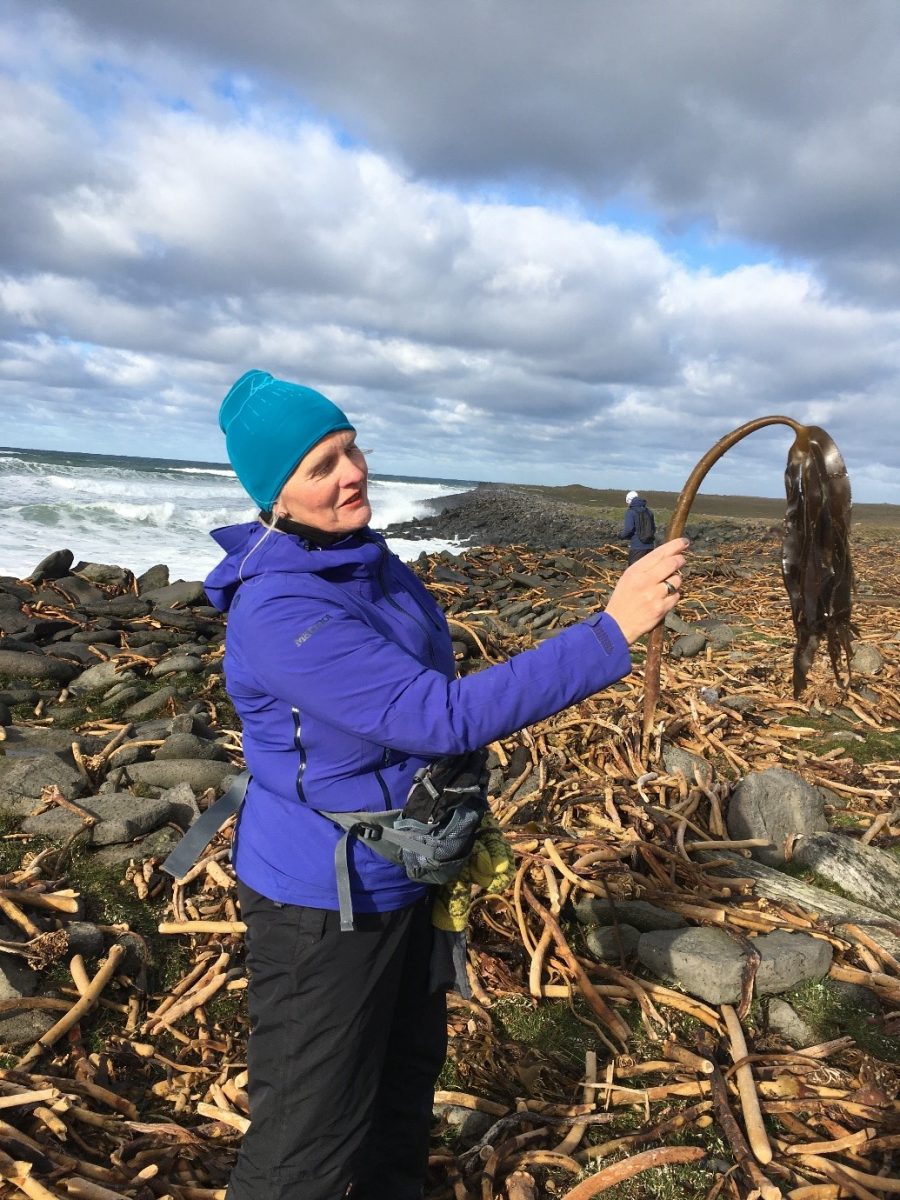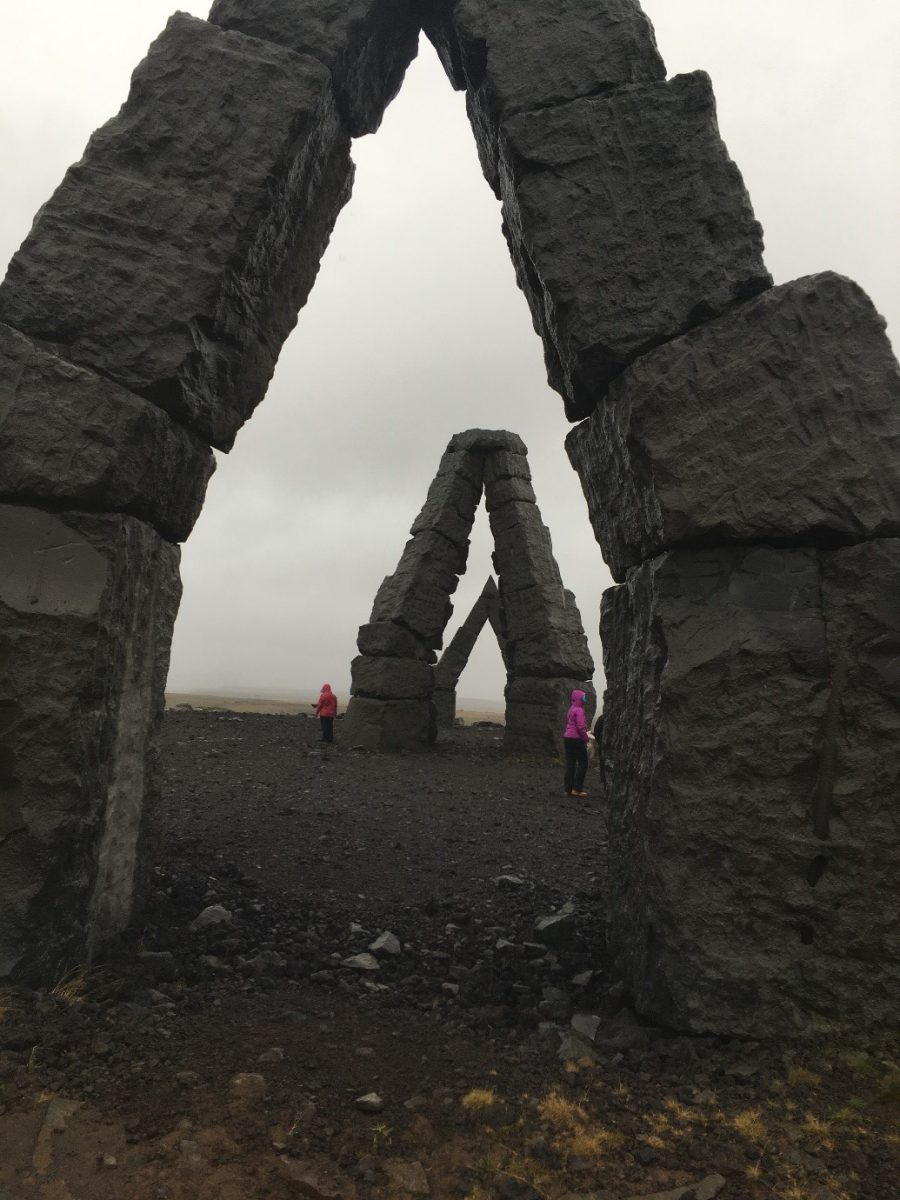Into a crowded air again
Text: Outi Rantala
After a long brake in flying, I flied to Iceland this September to attend the 29th Nordic Symposium on Tourism and Hospitality Research[i] and to participate in a field work gathering organised by the Mobilities in Margins project run by professors Gunnar Þór Jóhannesson and Katrín Anna Lund at the University of Iceland. My feelings about getting back on air were contradictory: I hoped not to fly and at the same time I missed meeting my colleagues face-to-face, sharing embodied experiences with them, and engaging in rushless dinner talks – instead of chatting in Teams with the next meeting warning blinking at the bottom of the screen.
In the local media in Finnish Lapland there had been discussions about the strict restrictions of travelling and the negative impact of these restrictions on tourism industry. In order to travel to Iceland for my work-related trip, I needed to obtain a vaccination certification, a test, a bar code confirming my preregistration for visiting Iceland and I also needed to inform Ministry for Foreign Affairs in Finland about my travel. I tried to travel as ecologically as I could with the limited time frame and booked night train from Rovaniemi to Helsinki and a direct flight from Helsinki to Keflavik. The direct flight was changed several times, and when I arrived to the airport after my 12-hour train trip, I got a notification that I would be spending almost another 12-hours in Arlanda, Sweden.
Taking off by plane made me feel powerless. I could not control the changing flight schedules nor the amount of registrations into different systems. At the same time, all the testing and registering created an atmosphere of security and control. The ambivalence was also very much there throughout the whole trip: in the detailed consideration of how to keep away from locals so that I do not bring any virus to them and how to keep away from the other passengers so that I do not bring any virus to home. Also, the strict restrictions felt comforting when I was suspecting the essentialness of my travel.
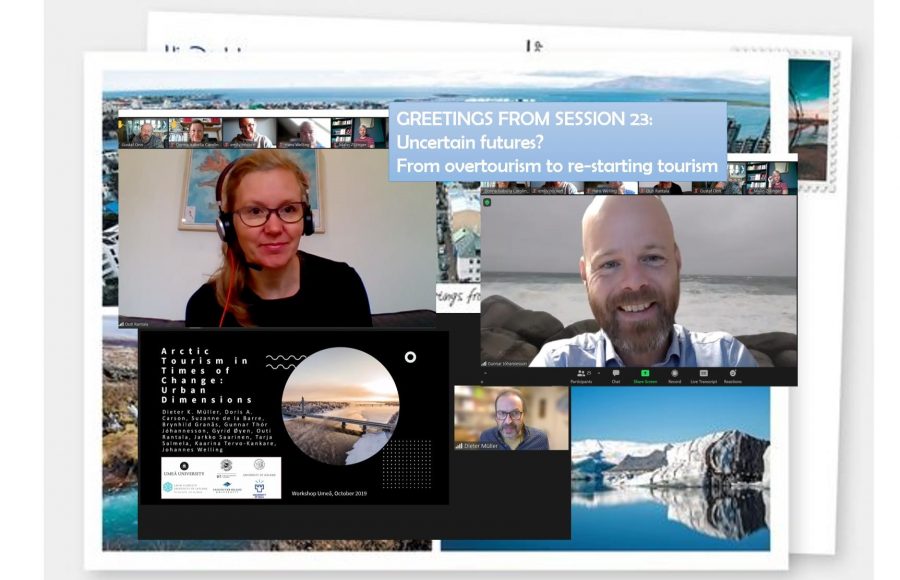
Picture by Emily Höckert
The title of this blog posting refers to Jon Krakauer’s books Into Thin Air and Into the Wild – the former relating to commercialization of Mount Everest and the latter to search of enlightenment. In both death/disaster is apparent. The 29th Nordic Symposium was titled “Shaping mobile futures: Challenges and possibilities in precarious times”. For me, the closeness of planetary scale disaster was in the core of the symposium theme. Our research project had an active role in the conference via keynote talk, sessions and presentations and throughout the conference I continued to ponder on various questions related to my renewed experience of flying and the uncertainty of the future of tourism: How far are we ready to go in our search for alternative modes of organising tourism in the Anthropocene – should we stop flying and hold on to the proximate places and possibilities found in those? Is commercialism in the core of tourism industry? Could it be something else?
After the conference, the collaborative field work with the Mobilities in Margins and our ILA-group members in Melrakkaslétta, in the north of Iceland generated more questions with no definite answers: How can we learn from each other – with each other – with different more-than-human companions without accessing easily places? Or is the key something else than easy access? Should we have a test – maybe not an antigen-test – but something else – before we visit new places, which could secure that we do not bring harmful practices, thoughts or materials with us? But who would define what is harmful?
Instead of even attempting to answer these questions with words, I attach some pictures that I hope will capture what I found to be at the core our fieldwork: The experience of slowing down together; getting proximate with the details in the landscape, such as seaweed, whale bones, plastic waste, ptarmigans, and drift wood; learning about structures that are meant to last next 5000 years, admiring the spirits of local people and immigrant workers.
[i] The conference was turned into an e-conference at the very end, since travel was still too restricted for many, and the situation with the pandemic too uncertain.
